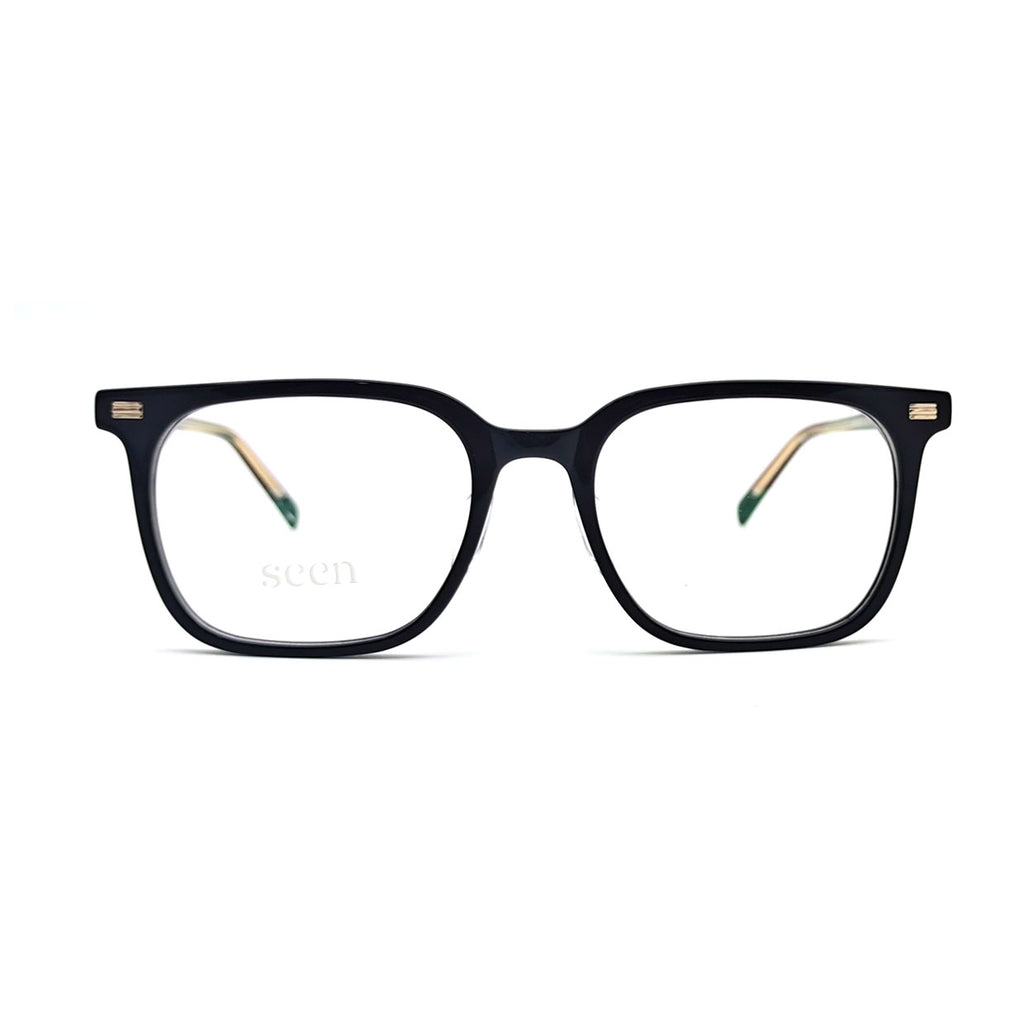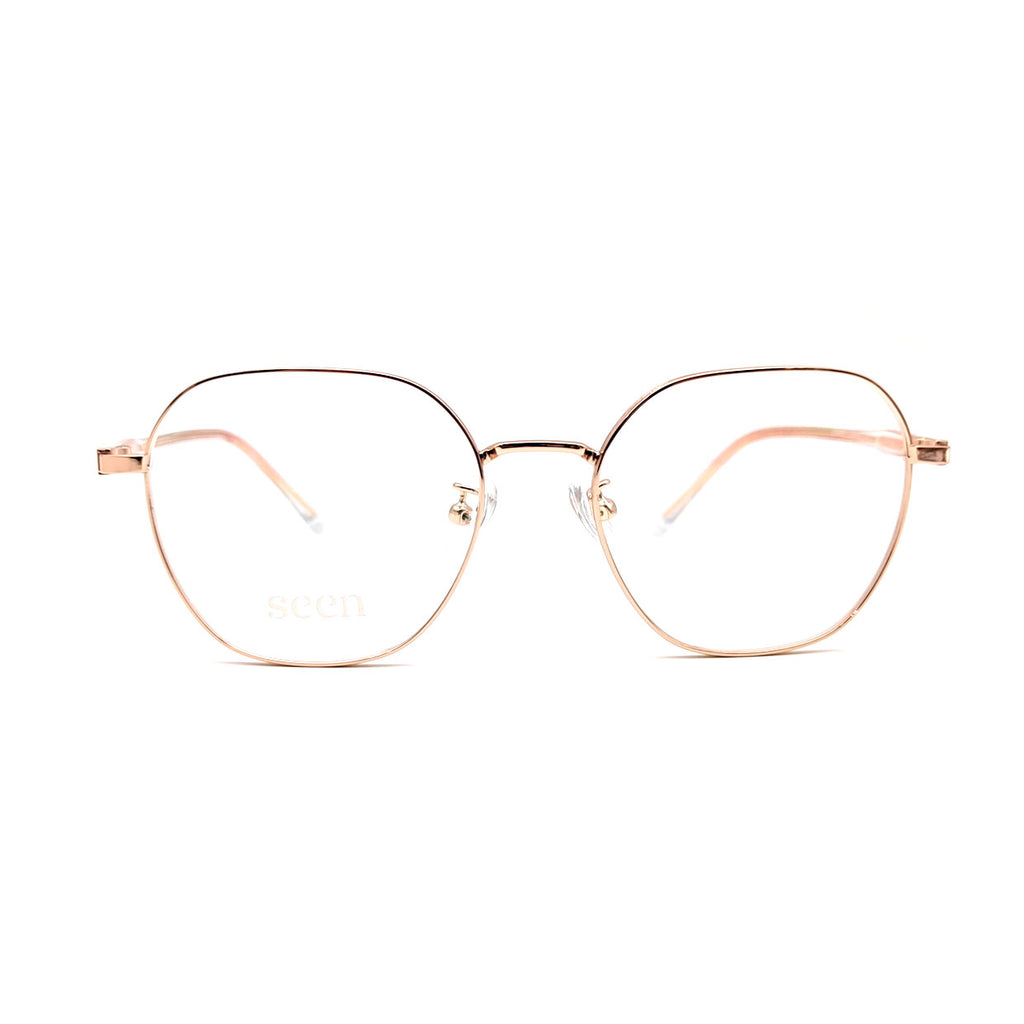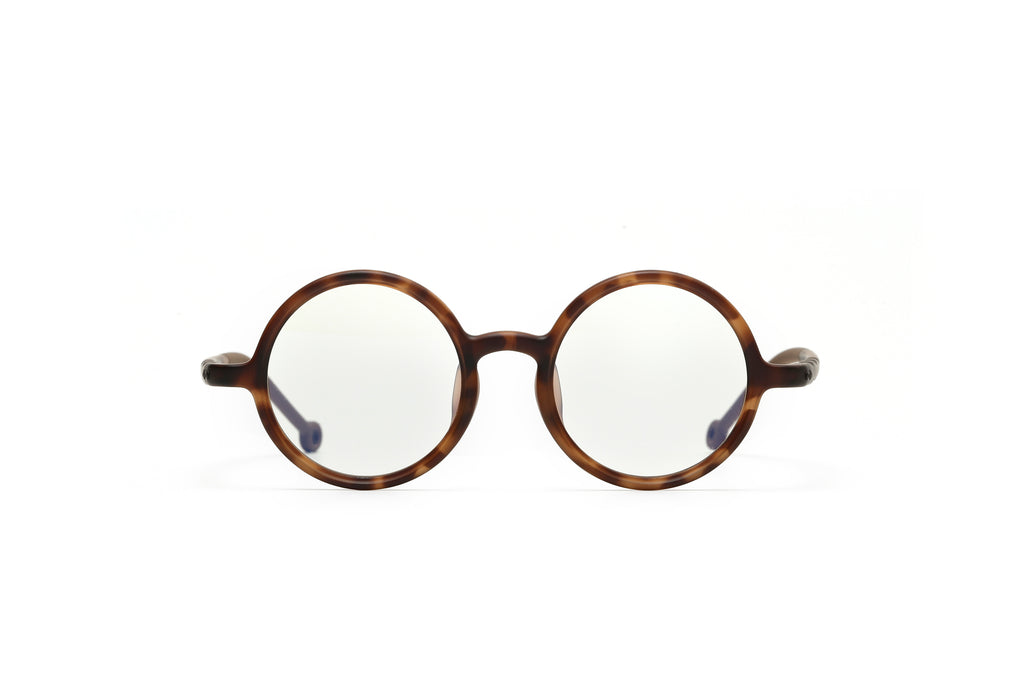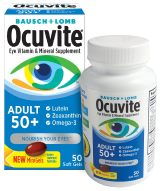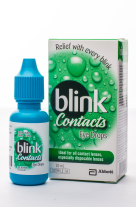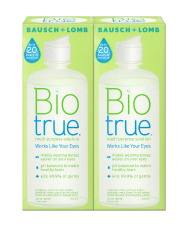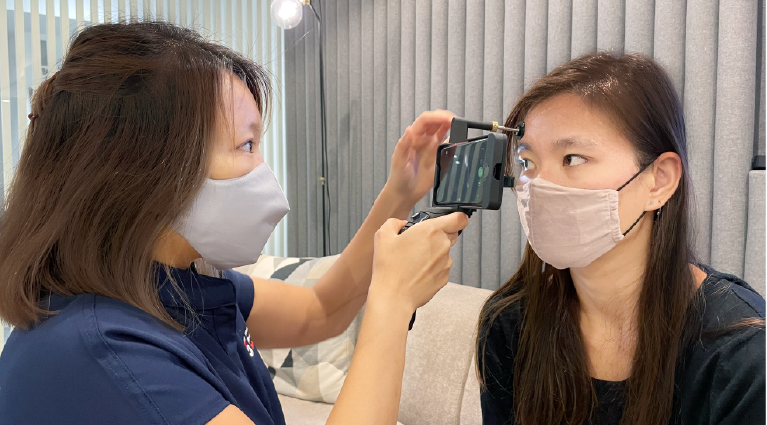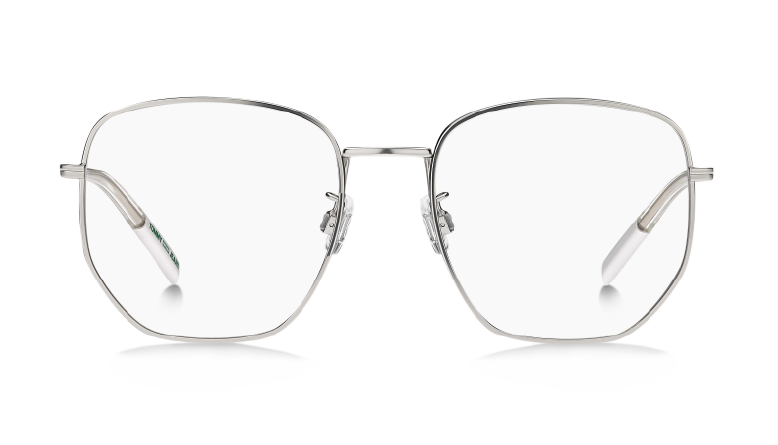
What is Arcus Senilis also know as Cholesterol Rings ? : A Sign of Aging Eyes
Introduction
As we age, our bodies undergo various changes, and our eyes are no exception. One such change that commonly occurs in older adults is the development of arcus senilis. Often referred to simply as "arcus," this condition manifests as a grayish or whitish ring around the cornea, the transparent front part of the eye. Let's delve deeper into what arcus senilis is, its causes, symptoms, and management.
Causes and Risk Factors
Arcus senilis is primarily caused by the deposition of lipids, or fats, in the cornea. Over time, these lipids accumulate, resulting in the characteristic ring-shaped appearance. Aging is the primary risk factor for arcus senilis, with the condition becoming more prevalent as individuals get older. Other risk factors include high cholesterol levels and smoking, which can accelerate the deposition of lipids in the cornea.
Symptoms and Diagnosis
The most noticeable symptom of arcus senilis is the presence of a ring around the cornea. This ring may appear grayish or whitish in color and is typically located near the outer edge of the cornea. In some cases, individuals may also experience mild blurred vision or glare sensitivity. Arcus senilis is usually diagnosed during a routine eye examination, where an eye care professional will observe the characteristic ring-shaped deposit in the cornea.
Impact on Vision and Health
Although arcus senilis may cause some visual disturbances, such as mild blurring or glare sensitivity, it generally does not significantly affect vision or overall eye health. However, in rare cases, severe cases of arcus senilis may be associated with corneal thinning or inflammation, which can potentially lead to more serious complications.
Treatment and Management
In most cases, arcus senilis does not require treatment, as it is considered a benign condition. However, individuals with arcus senilis are advised to maintain regular eye examinations to monitor their eye health. Lifestyle modifications, such as adopting a healthy diet low in saturated fats and cholesterol and quitting smoking, may help prevent the progression of arcus senilis.
Differentiating Arcus Senilis from Other Eye Conditions
It's important to distinguish arcus senilis from other eye conditions that may have similar appearances. For example, corneal arcus in younger individuals is often associated with hyperlipoproteinemia, a condition characterized by elevated levels of lipids in the blood. Unlike arcus senilis, corneal arcus in younger individuals may indicate an underlying metabolic disorder and should prompt further evaluation by a healthcare professional.
Conclusion
Arcus senilis is a common age-related change that occurs in the eyes of older adults. While it may cause some visual disturbances, it generally does not pose a significant threat to vision or overall eye health. Regular eye examinations and healthy lifestyle habits can help individuals manage arcus senilis and maintain optimal eye health as they age.
In same category
Screen Time and Your Family’s Eye Health: Finding the Right Balance
In today’s digital age, screens are a big part of our daily lives. From work to entertainment and education, screens have become indispensable. However, as...
What is Arcus Senilis also know as Cholesterol Rings ? : A Sign of Aging Eyes
From Metal to Wood: Finding the right pair of glasses
Discover the World of Eyewear Materials: The seemingly simple choice of eyewear frames goes beyond mere aesthetics, profoundly influencing our daily lives in terms of...










